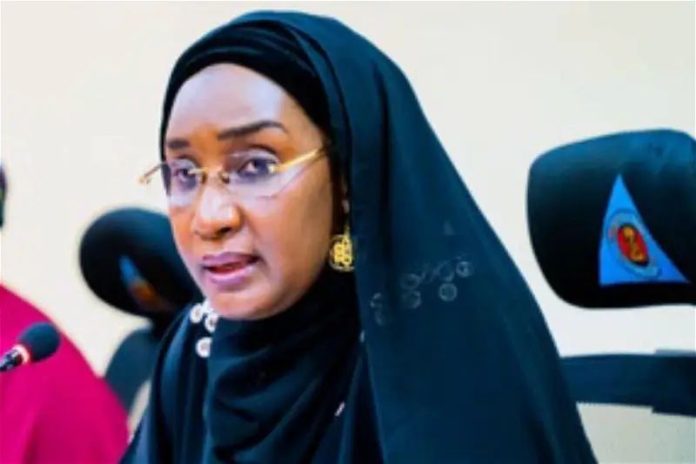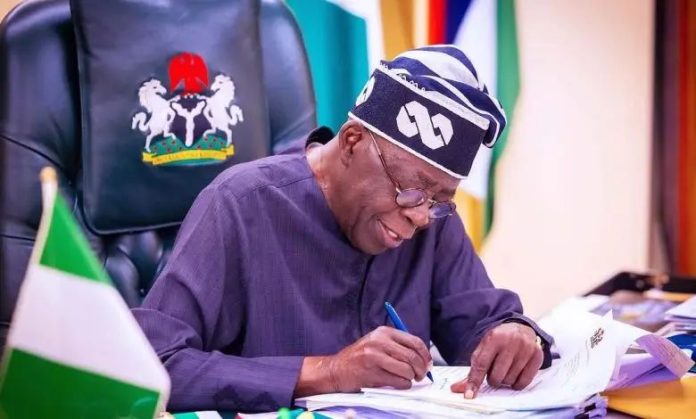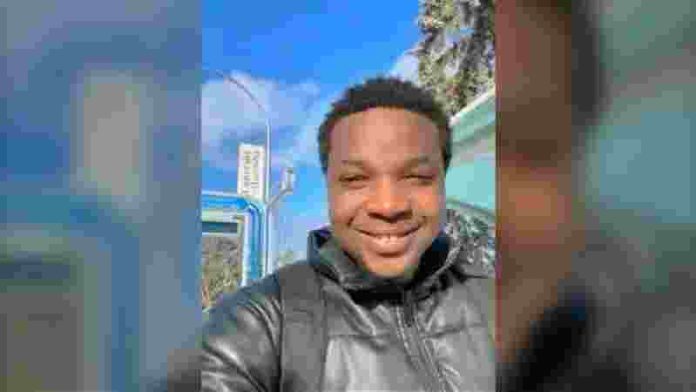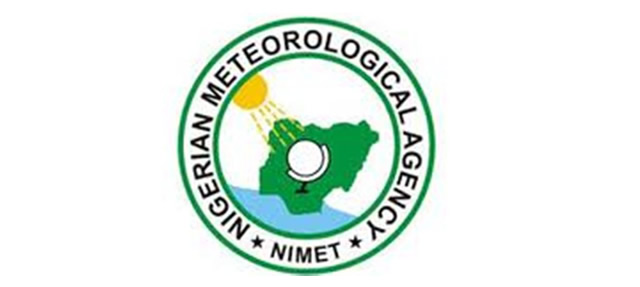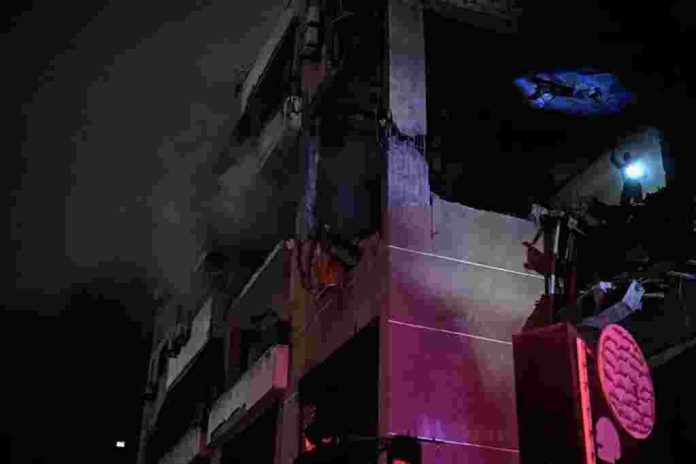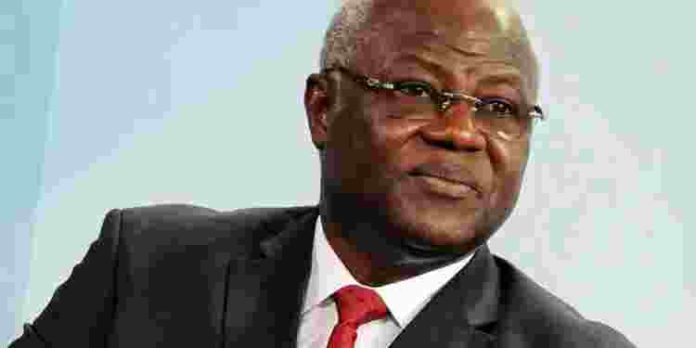In a significant legislative development, a bill proposing the establishment of 47 new federal universities in Nigeria has successfully passed its second reading. This legislative move could potentially raise the number of federal-owned universities in the country to 99, if the bill progresses through subsequent stages.
As of now, Nigeria houses 52 federal universities, with some states hosting multiple institutions. The bill also addresses the establishment of 56 Federal Medical Centres across various regions of the country. Additionally, the House is considering bills for the creation of 32 Federal Colleges of Education, 11 Federal Colleges of Agriculture, and five Federal Polytechnics, supplementing the existing educational landscape.
The proposed institutions, when established, will encompass a range of disciplines, including Universities of Science and Technology, Agriculture, Aviation, Medicals, and Engineering, among others. The legislative agenda also includes bills for the establishment of Colleges of Vocational and Skill Acquisition, Cancer Research, and Entrepreneurship.
Notably, the House of Representatives has been actively engaged in legislative matters, with Speaker Tajudeen Abbas highlighting the consideration of 962 bills, 500 motions, and 153 petitions in the past six months. Out of these, 120 bills have successfully passed the second reading, awaiting further legislative actions.
While the expansion of educational institutions is underway, concerns have been raised by stakeholders such as the President of the Academic Staff Union of Universities, Prof. Emmanuel Osodeke. He emphasized the importance of having a funding template for newly established universities to maintain educational standards. Osodeke also raised concerns about the appointment and recruitment processes into state-owned universities, identifying them as contributing factors to the challenges in tertiary education.
The move to establish new universities has prompted calls for an urgent amendment of the National Universities’ Commission Act to ensure adequate funding and prevent the indiscriminate establishment of institutions without proper financial backing. The Academic Staff Union of Universities has expressed concerns that the establishment of new universities, without a clear funding mechanism, could adversely impact existing educational institutions.


